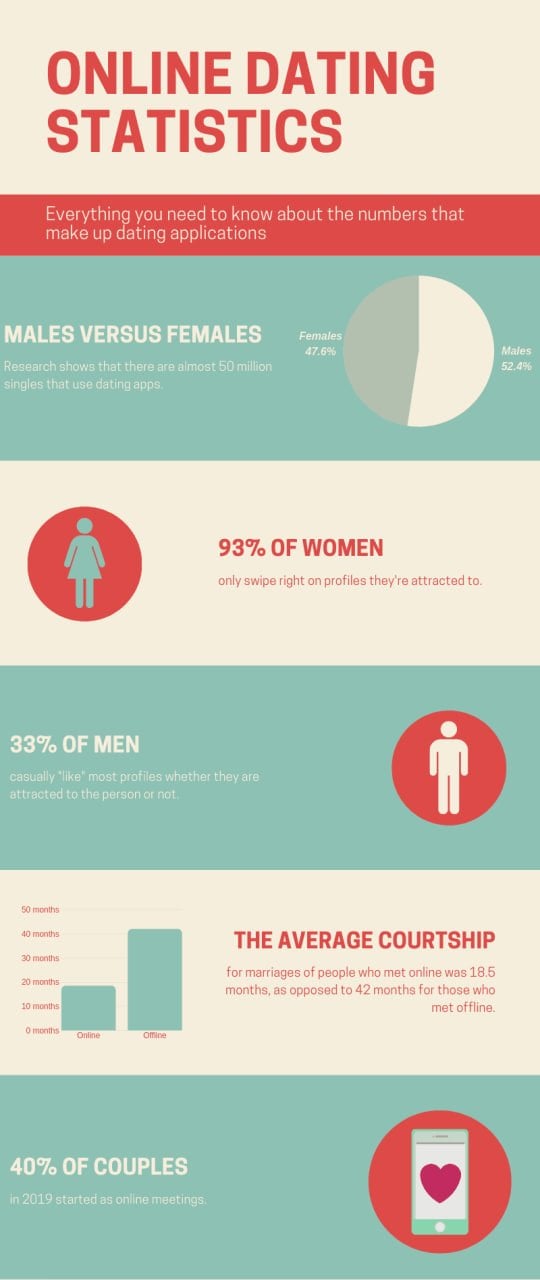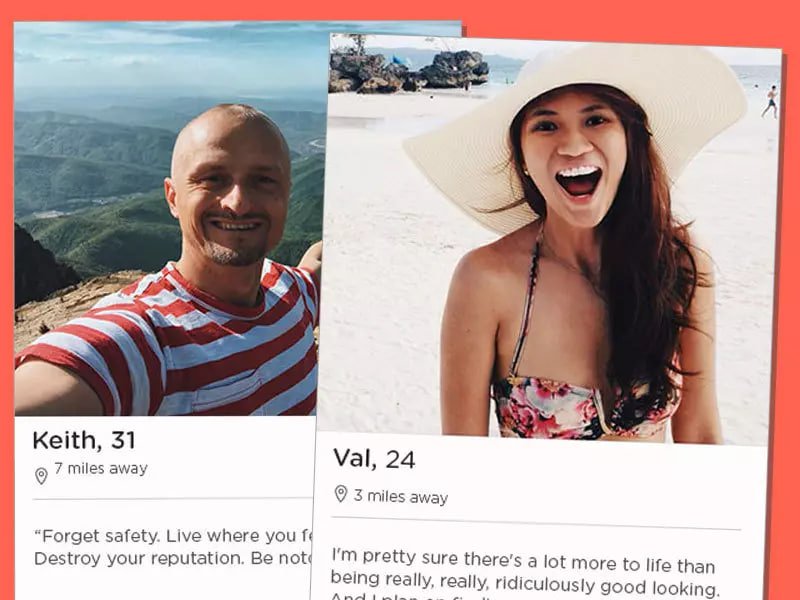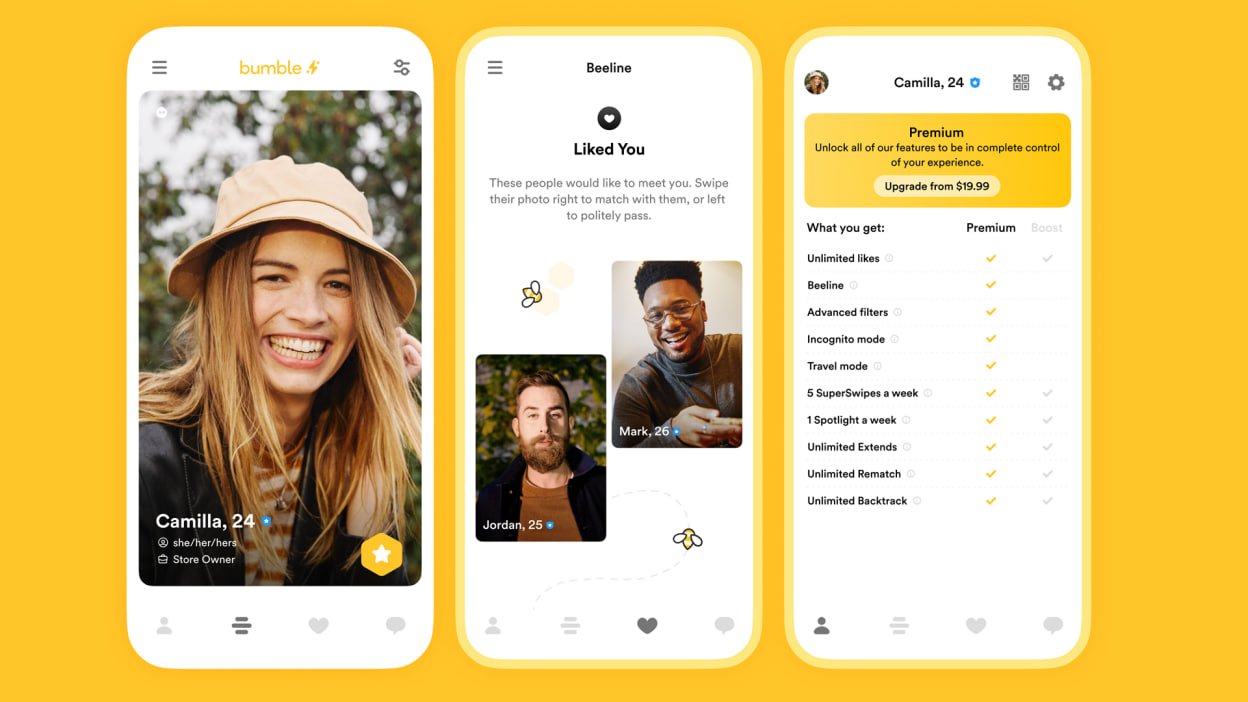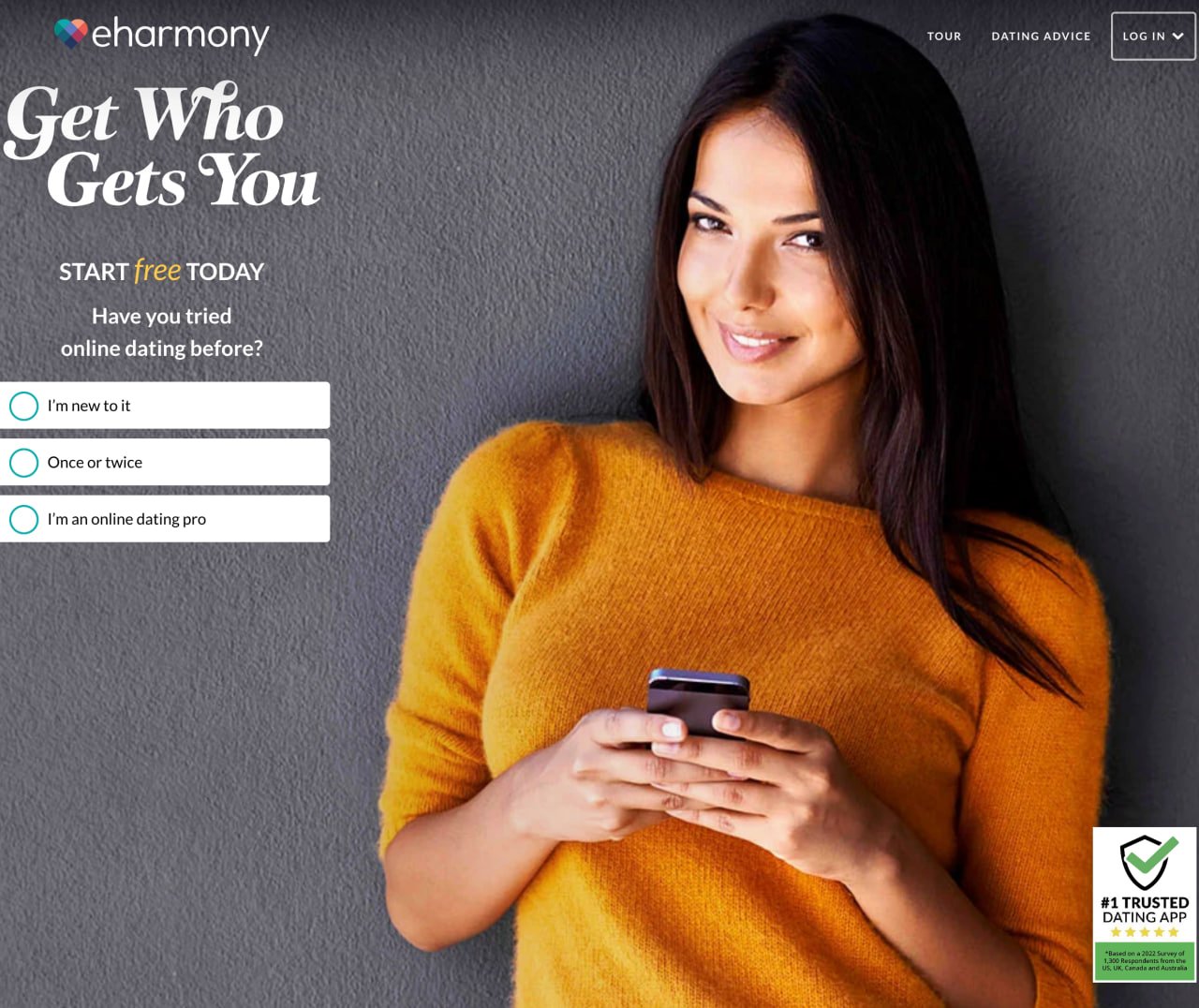AI Can Find Your Perfect Match

Looking for a match on online dating sites can feel like a gamble: a candidate's profile and photo might seem perfect, but it doesn't always mean you'll be a good match in real life.
According to Online Dating Magazine, there are now nearly 6,000 online dating sites, attracting almost 50 million single users daily.
Amid such a vast array of prospects, finding the perfect match can be daunting. Nevertheless, Bedbible's analytics reveal that in 2023, 46% of American couples married after meeting online. Such high rates are partly due to these platforms' adoption of neural networks in pairing individuals.

Online Dating Statistics. Source: bedbible
What dating platforms use AI?
Tinder pioneered the use of a neural network-based compatibility algorithm. This application, however, prioritizes a geolocation algorithm to ease the process of real-life meetings for potential partners.
A secondary algorithm used by Tinder is viewer affinity-based: the more likes you get, the more your feed showcases profiles popular in likes.
Conversely, average accounts may be matched with similarly unremarkable profiles. Matches in such cases may be fleeting, but the potential always exists.
Tinder's focus isn't on facilitating long-term relationships. However, the platform boasts over 1.5 billion profile views daily.

Tinder uses geolocation for pairing. Source: Ferra
The creators of the dating app Bumble have taken a more intricate approach. Their neural network selects potential matches considering factors like age, profession, physical traits, psychological characteristics, and even zodiac signs. This personalized method is aimed at increasing the likelihood of finding the ideal partner for a relationship.
The capabilities of AI are also harnessed in Bumble for making friends (Bumble BFF) and professional networking (Bumble Bizz).
Site statistics show that only around 60% of matched pairs initiate a chat, and fewer than 20% of these interactions progress to an actual real-life meeting. On the recruitment front, Bumble's widely discussed job search feature hasn't gained much traction. Employers typically favor specialized hiring websites, keeping professional interactions separate from personal ones.

Bumble Premium features enhanced search options. Source: mashable
The founders of the British dating platform eHarmony have announced the development of an AI feature aimed at discreetly encouraging users to meet in person after spending some time chatting in private messages.
The exact details of how this will be implemented remain unclear. Nonetheless, the developers assure that the AI will utilize a sophisticated algorithm to predict the compatibility of couples. By analyzing the behavior and interactions of millions of users, the neural network is expected to forecast which matches are more likely to result in meaningful relationships. This approach aims to spare the site's more cautious users from engaging in lengthy and unproductive conversations.

eHarmony has been connecting singles for over 20 years. Source: eHarmony
What additional tasks does AI perform on dating platforms?
Beyond analyzing user preferences, AI on online dating sites also takes on roles in safeguarding privacy and security.
Here are some additional AI-implemented functions:
1. Chatbots and Virtual Assistants. These tools offer real-time support for users, responding to queries and providing dating tips. They also supply ice-breaker templates to encourage even the most hesitant users to initiate conversations.
2. Image Recognition. The AI system quickly blocks images that are artificially generated, bought from stock photo collections, or digitized versions of old photos. This step minimizes the likelihood of encountering fake profiles, though eliminating this risk entirely is currently impossible.
3. Additional Information Gathering. When a user registers through social media or a Google account, the AI further investigates their publicly accessible personal data. For instance, if a user's profile mentions looking for a partner to start a family, but their Facebook status is 'married', the AI notifies the user's potential match about this inconsistency.
4. Fraud Prevention. The neural network monitors online user activities, swiftly identifying suspicious behavior like spam, offensive content, or the creation of multiple accounts. Profiles involved in such activities are blacklisted, and their privileges are curtailed.
AI on dating platforms aids users in gaining a deeper understanding of themselves. It's well known that individuals often find it challenging to precisely define their search criteria beyond basic details like "seeking a male/female aged 20 to 40 with a higher education, no bad habits." By analyzing user behavior, such as preferences in selecting photos and conversational styles, the AI independently constructs a more comprehensive picture of their ideal match.
This extends beyond traditional internet dating. AI, unburdened by prejudice or sentiment, tells the truth about a person and evaluates the potential success of a relationship with them.

